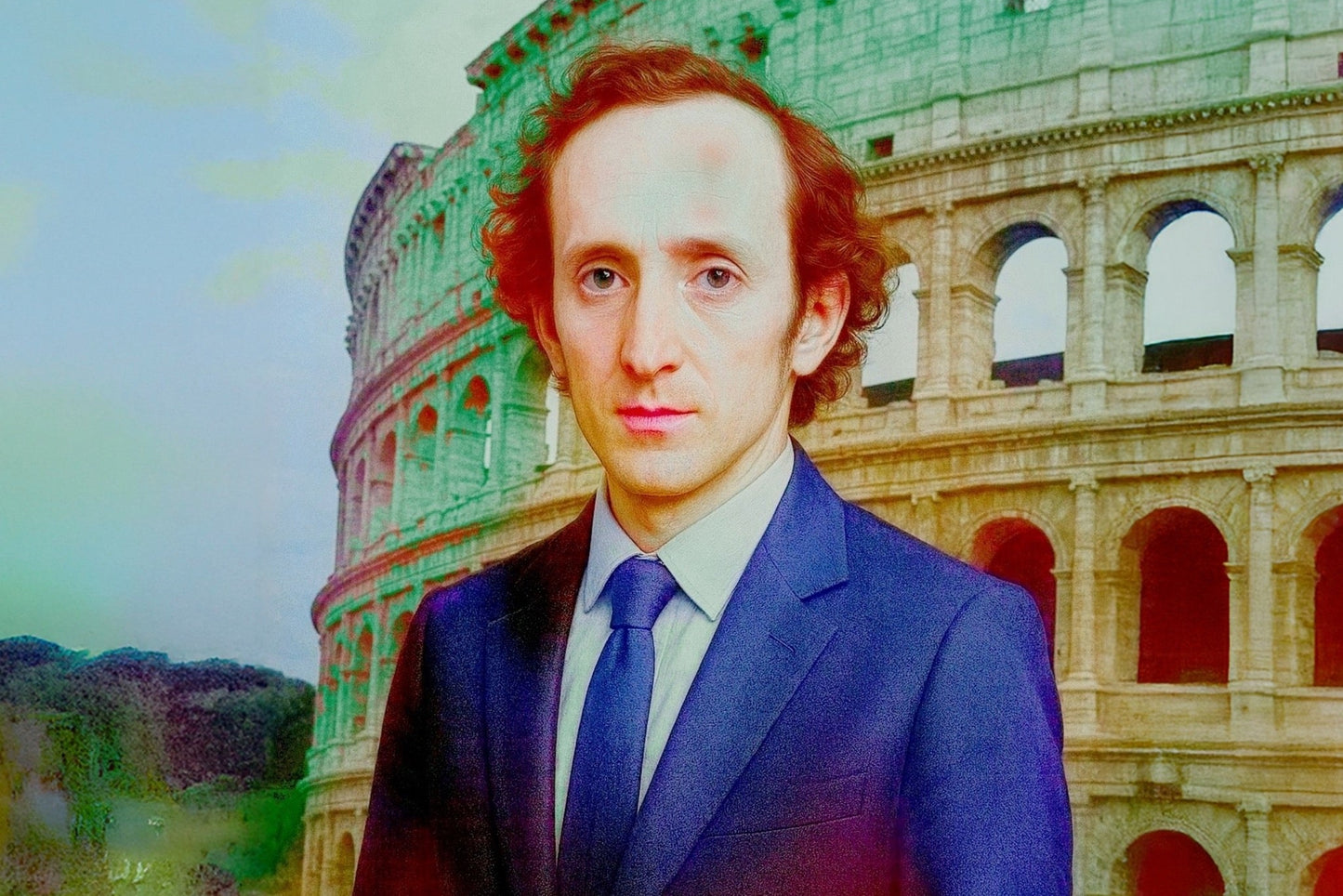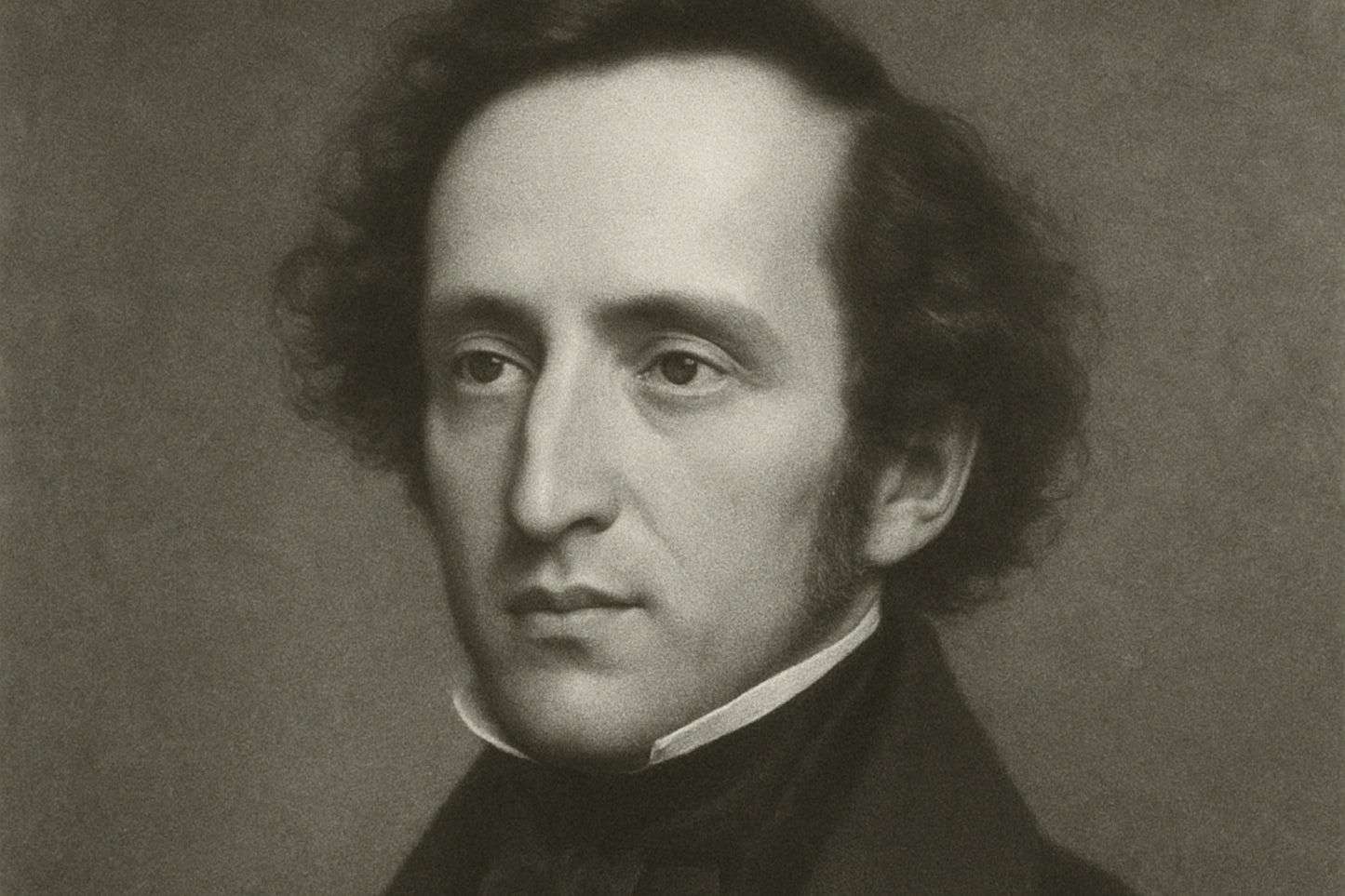FELIX MENDELSSOHN (1809-1847) /
Songs Without Words
Arrangement for ensemble by Josef Piras
Fanny Hensel (1805-1847)
Songs
SALOMONE ROSSI (1570-1630)
Symphonies and Galliards
MARIO CASTELNUOVO-TEDESCO (1895-1968)
Three Sephardic Songs
Chen Reiss, soprano
Daniel Grossmann, conductor
JEWISH
Jewish musical traditions in, about, and from Italy: the violinist Salomone Rossi worked at the court of Mantua in the 16th century and quickly rose to the position of Kapellmeister – his great role model was Claudio Monteverdi. The Mendelssohn siblings embarked on a Grand Tour in 1830, spending six months in Italy – following in Goethe's footsteps. Their journey is audible in their songs from this period. In the 20th century, the Florentine composer and pianist Mario Castelnuovo-Tedesco drew inspiration from the music of his Sephardic ancestors.
TODAY
When we hear 'Italy', we immediately smell pizza or lemons and think of 'dolce vita' – the songs of Felix and Fanny Mendelssohn reflect precisely these travel memories from 200 years ago. Rossi's music tells of the principalities of the Renaissance, whose art we still appreciate today. Castelnuovo-Tedesco, in turn, looks back on his family history: to this day, Sephardic Jews preserve their identity through their language and music.
FOR ALL
New discoveries all around: unknown Italian composers and the first JCOM concert in the large Art Nouveau synagogue in Subitoca (Republic of Serbia). The synagogue Built between 1901 and 1903, it has been a protected cultural monument since 1974. A long-overdue renovation was impossible, particularly during the Yugoslav Wars of the 1990s, leading to the building's inclusion on the list of 'Most Endangered Monuments'. Only between 2014 and 2018 was the five-domed structure able to be renovated, thanks to a synagogue restoration program initiated by the Hungarian government.










